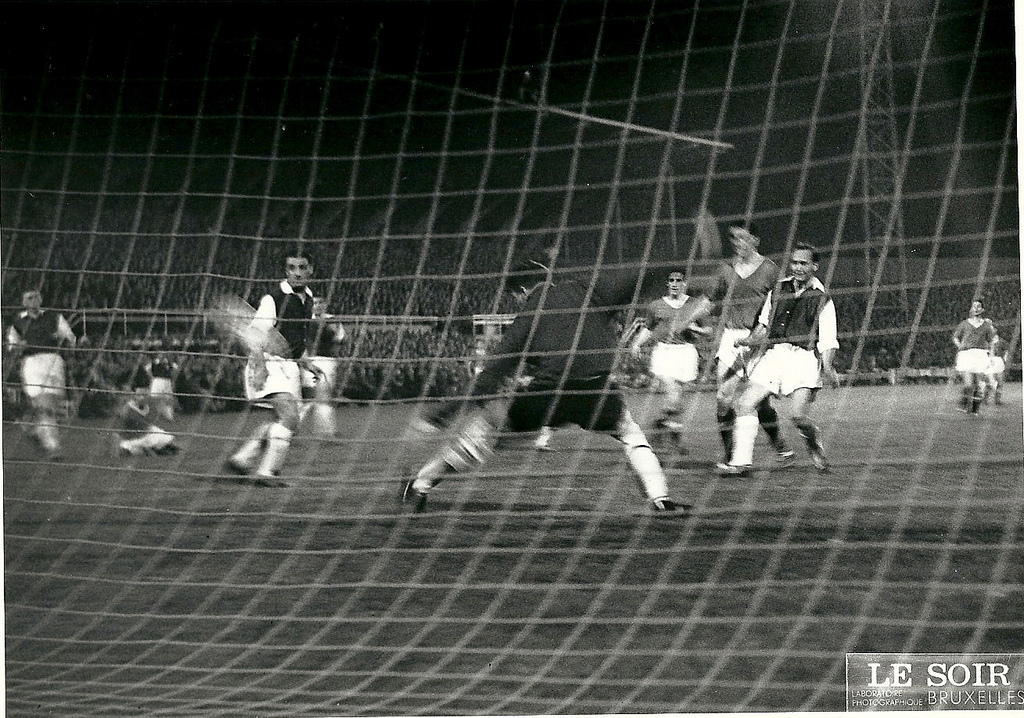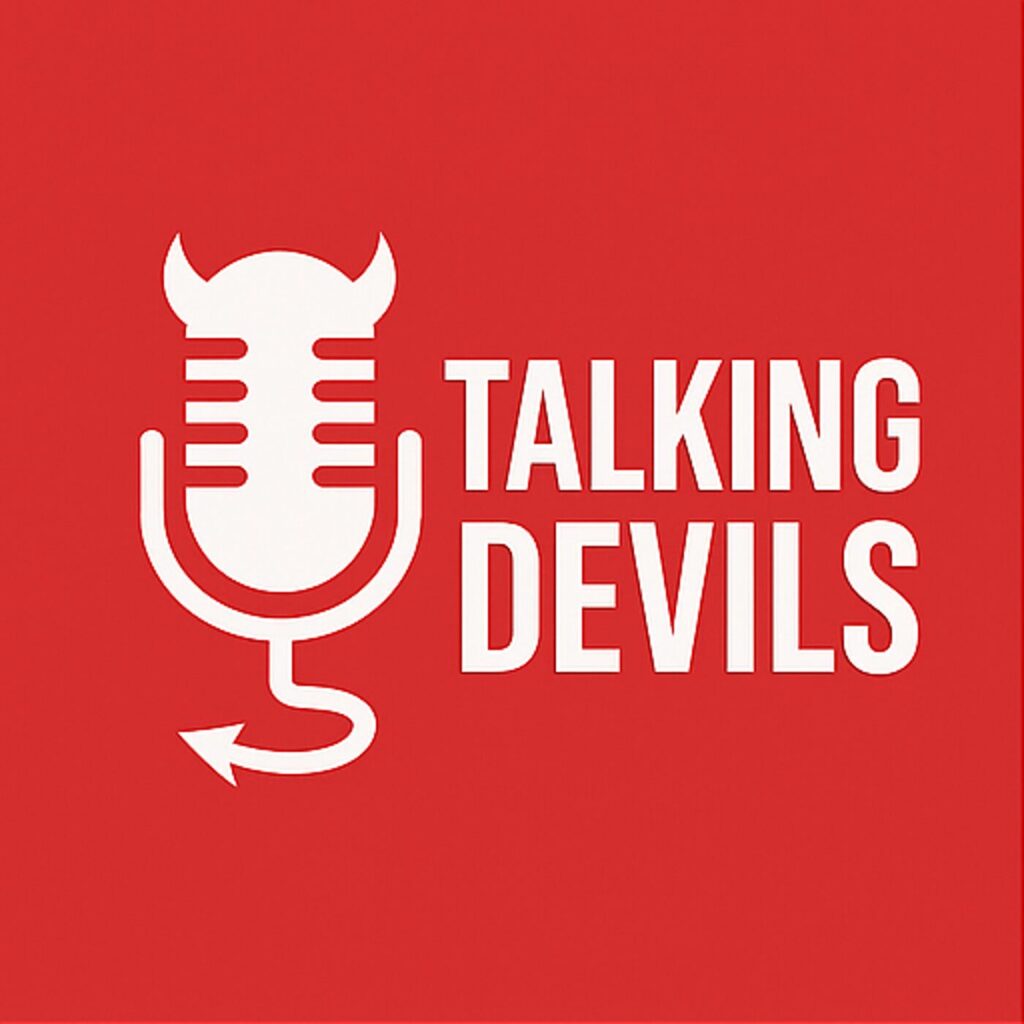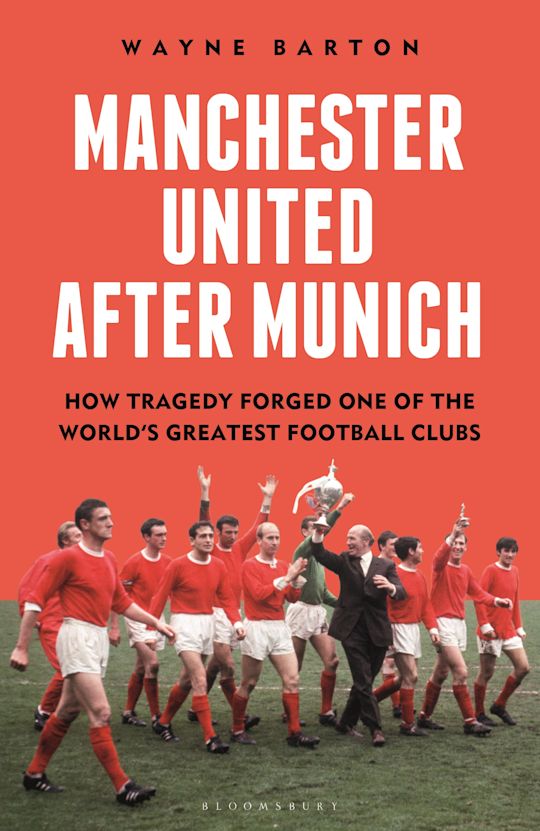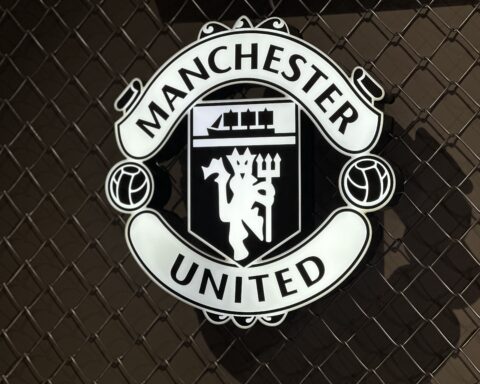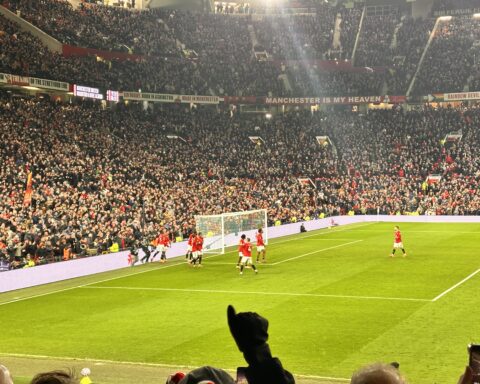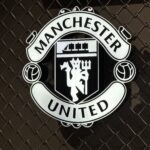On this day in 1956, Manchester United made history by becoming the first English team to compete in the European Cup.
It was a landmark day for English football, as it was a formal sign of Matt Busby standing up to the authorities for the betterment of the game. Busby challenged the entrenched conservatism of the English football establishment and, in doing so, laid the groundwork for the modern European game.

The story of United’s entry cannot be told without examining the resistance of Alan Hardaker, the powerful Football League secretary who sought to keep English clubs out of Europe altogether.
The European Cup, the forerunner of today’s UEFA Champions League, was conceived in 1955 by French sports newspaper L’Équipe.
Inspired by the success of South America’s Copa Libertadores and the popularity of international friendlies, L’Équipe’s editor Gabriel Hanot and colleague Jacques Ferran believed Europe needed its own club competition.
The prospect was expedited following a game between Wolves and Honved; a battle between one of the best teams in England, and the best team in Hungary, which was a matter of English pride following the two humiliations doled out by the Hungarian national team in 1953 and 1954. Honved led the first half 2-0 but Wolves’ junior players (including Ron Atkinson) were instructed to water the pitch to stop their visitors’ slick passing. In the boggy conditions, Wolves turned the game around to win 3-2 – and declared themselves the greatest team in the world.
Hanot and Ferran used the episode to further their campaign. UEFA sanctioned the idea, and the inaugural 1955–56 edition brought together champions from across the continent. Real Madrid, who won that first competition, set in motion a dynasty, but the tournament’s creation was initially met with skepticism in England. At the time, English football was dominated by the Football League and the Football Association (FA), both of which were wary of outside interference in domestic affairs.
Alan Hardaker, who served as secretary of the Football League from 1957 but had influence within the League even before his appointment, epitomized the establishment’s suspicion of continental football. Hardaker was a traditionalist: blunt, pragmatic, and fiercely protective of the League’s authority.
He viewed the European Cup as a distraction. “The League has more than enough fixtures to worry about without sending our clubs gallivanting across Europe,” he was reported to have remarked. To him, the First Division title was the ultimate prize, and the FA Cup the pinnacle of knockout competition.
When Chelsea, champions of England in 1955, received an invitation to the first European Cup, Hardaker and his colleagues moved quickly. Under pressure, Chelsea withdrew. “We must protect our calendar and our competitions,” Hardaker insisted. “Foreign tours are one thing; official tournaments are another matter entirely.” The message was clear: the League would not tolerate English clubs compromising their domestic obligations.
Enter the Babes
Not everyone agreed. Manchester United’s manager, Matt Busby, had a far broader vision. He had built a young, fearless side that came to be known as the “Busby Babes,” and he wanted them to test themselves against the best Europe had to offer.
“We cannot live in isolation,” Busby declared. “The future of football lies in Europe. If we are to be the best, we must measure ourselves against the best.”
When United won the First Division in 1956, the invitation to join the European Cup came. Again, Hardaker and the Football League tried to block participation. But this time Busby stood firm. Supported by chairman Harold Hardman, he defied the League’s orders.
“I am answerable to my club and my supporters,” Busby said. “They want to see Manchester United take its rightful place in Europe, and so do I.”
The FA, often at odds with the League, gave its approval. The path was cleared, though not without a bitter clash of authority.
And that leads us to the events on this day in September 1956. United were drawn against Anderlecht in the preliminary round. They would travel to Brussels for the first leg.
Anderlecht had risen to prominence in Belgium, winning seven league titles in the last decade, including the previous three. United’s team was strong, but was missing Duncan Edwards, who had chipped a bone in his foot and was replaced at half-back by Jackie Blanchflower.
United won 2-0, a fairly routine victory, earned by a first-half goal from Tommy Taylor – who made history with his contribution – and a late strike by Dennis Viollet.
Back in Manchester, United would emphasise their superiority with a 10-0 victory – still their biggest in Europe to date.
Hardaker remained unmoved. “It is a circus, and circuses are not what English football needs,” he said, dismissing the spectacle that enthralled millions. His words, however, were increasingly out of step with public opinion. Hardaker continued to wield influence for years, insisting the European Cup was a distraction, wanting it to be played in the summer, and not treating the games as competitive fixtures. He was central to the creation of the League Cup in 1960, which he saw as a way to strengthen domestic football against the encroaching lure of Europe. “The League Cup is our answer to foreign distractions,” he said, presenting it as a safeguard for tradition.
Hardaker never overtly confessed that his judgement was wrong. History told that story by itself. The clash between Hardaker and Busby symbolized a larger struggle in English football. On one side, the guardians of tradition, fearful of disruption. On the other, innovators who saw beyond England’s borders.
In resisting Busby, Hardaker revealed the insularity of the Football League. In defying Hardaker, United helped pull English football out of its isolation. The floodlit nights, the continental rivalries, the glamour of European success — all were born from that initial act of defiance.
